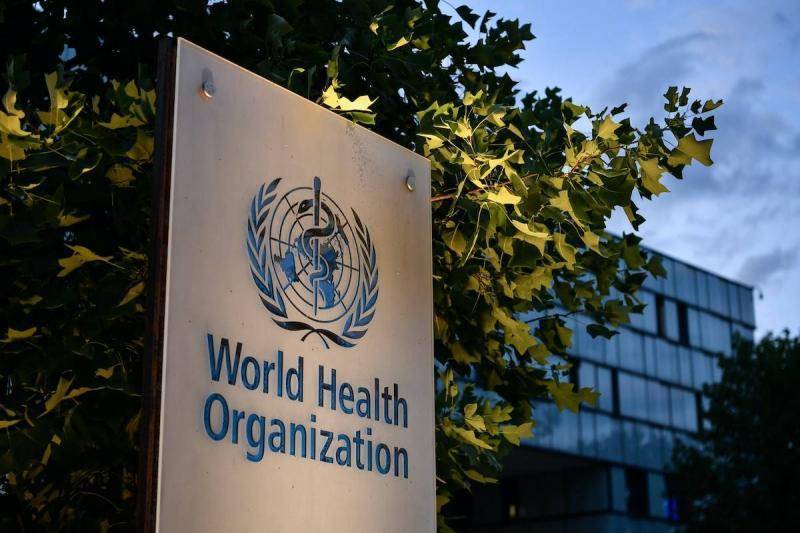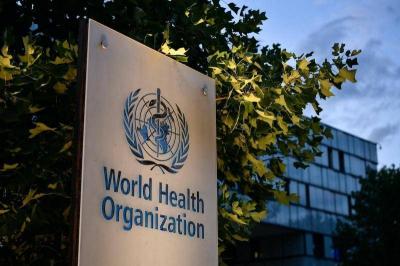The World Health Organization (WHO) has warned that more than half of the countries in the world will be at significant risk of a measles outbreak by the end of this year unless urgent preventive measures are taken. The rise in measles cases in most countries is attributed to a lack of vaccinations during the COVID-19 pandemic when health systems were overwhelmed and routine vaccinations for preventable diseases were delayed.
Natasha Crookcroft, the WHO's senior technical advisor for measles and rubella, stated, "We are concerned this year, 2024, about the large gaps in our immune systems, and if these gaps are not quickly filled with vaccinations, measles will fill these gaps."
She added, "We can see from data from the U.S. Centers for Disease Control and Prevention, along with WHO data, that more than half of all countries in the world will be at significant or very high risk of disease outbreaks by the end of this year."
She called for urgent action to protect children, stating that there is "a lack of commitment" from governments due to other issues, such as economic crises and conflicts.
Measles is a highly contagious viral disease transmitted through the air and affects children under five years of age, preventable with two doses of the vaccine. According to WHO, over 50 million deaths have been averted since 2000. The organization’s data indicates that measles cases rose by 79 percent last year to reach 300,000 cases, with this number believed to represent only a small part of the total infections.
Crookcroft noted that mortality rates are higher in poorer countries due to weak health systems, adding that outbreaks and deaths also pose risks to middle- and high-income countries. She further remarked, "There are many outbreaks around the world, and middle-income countries are suffering greatly, and we are concerned that 2024 will be like 2019."




